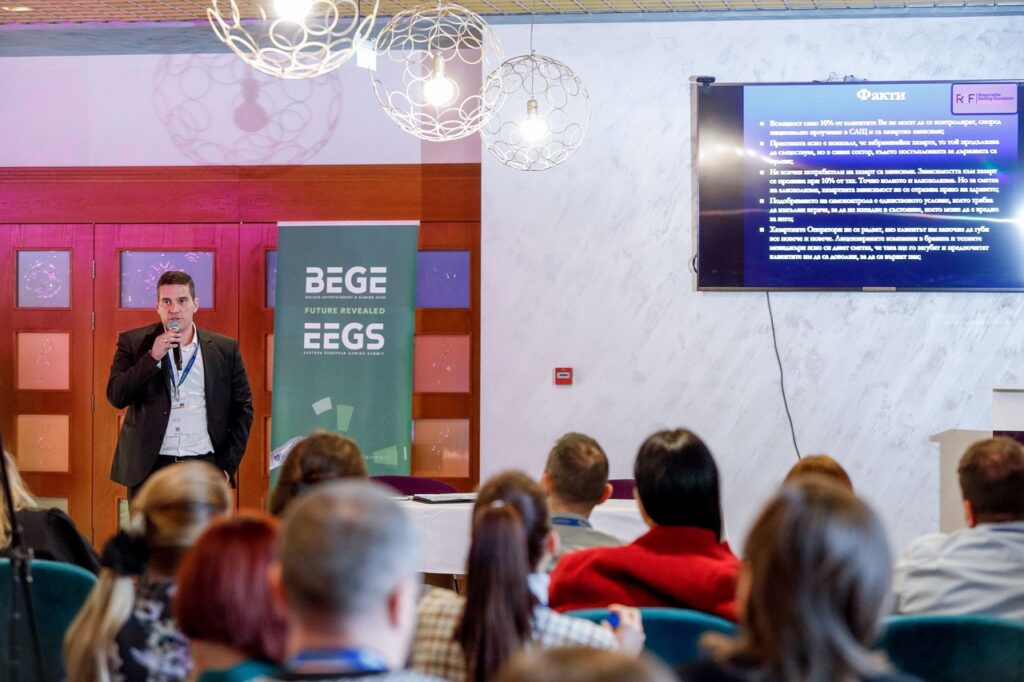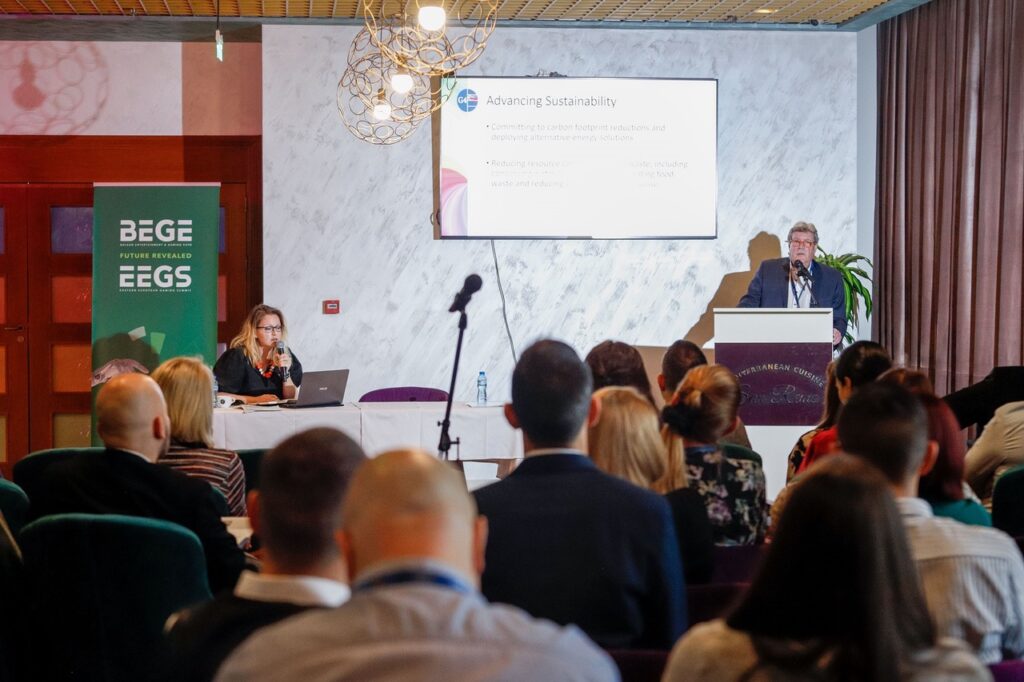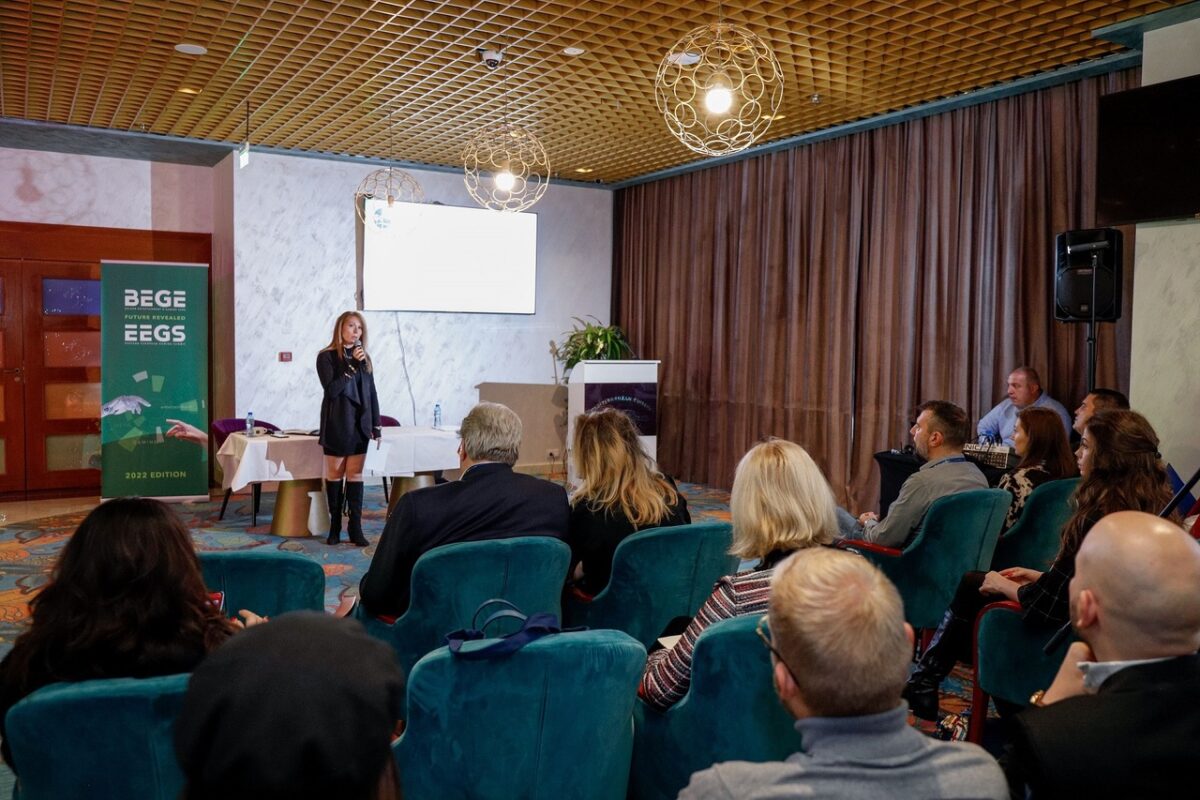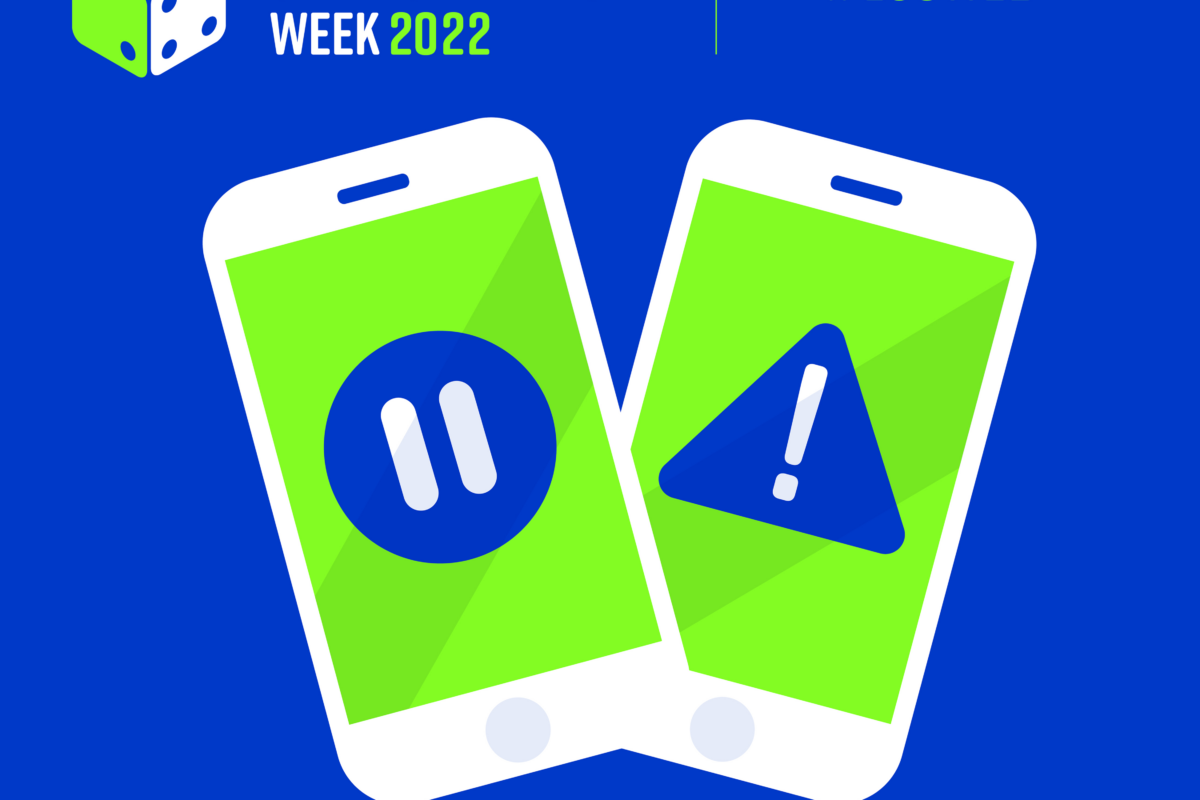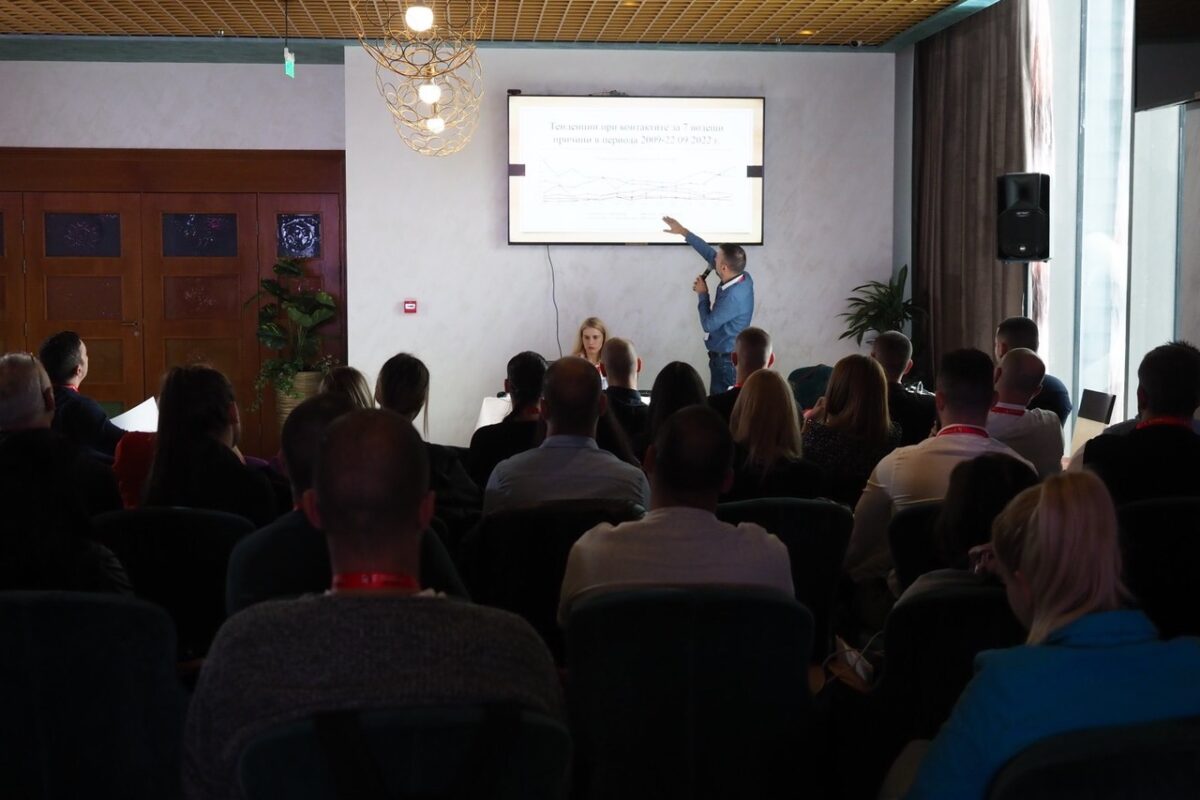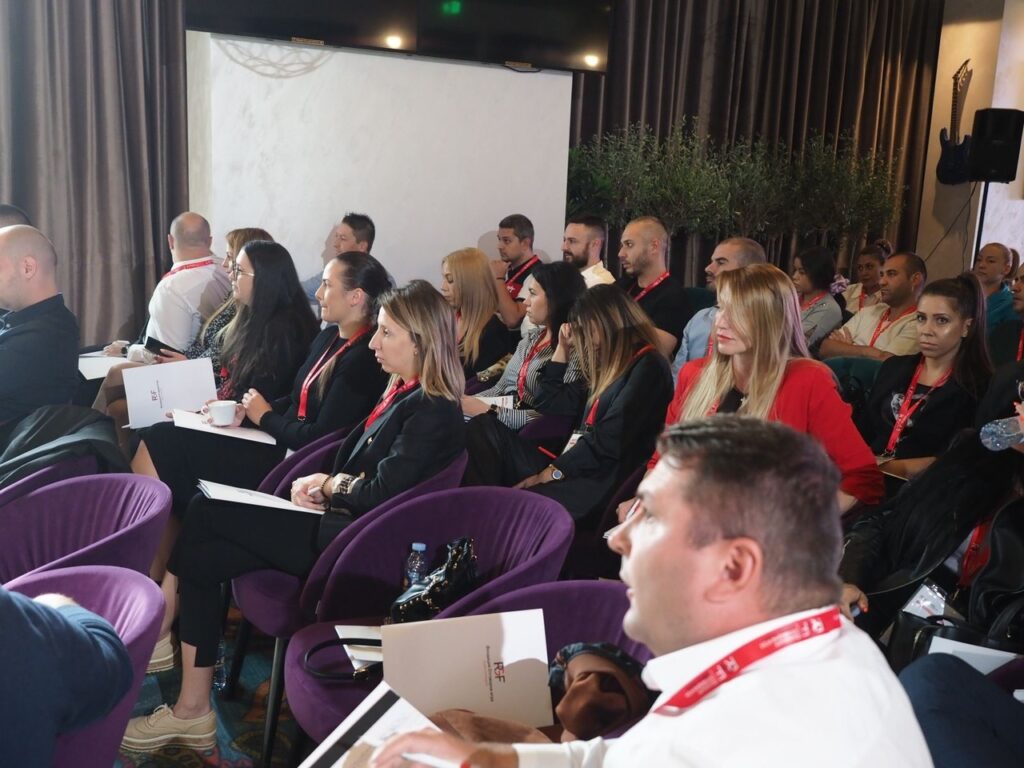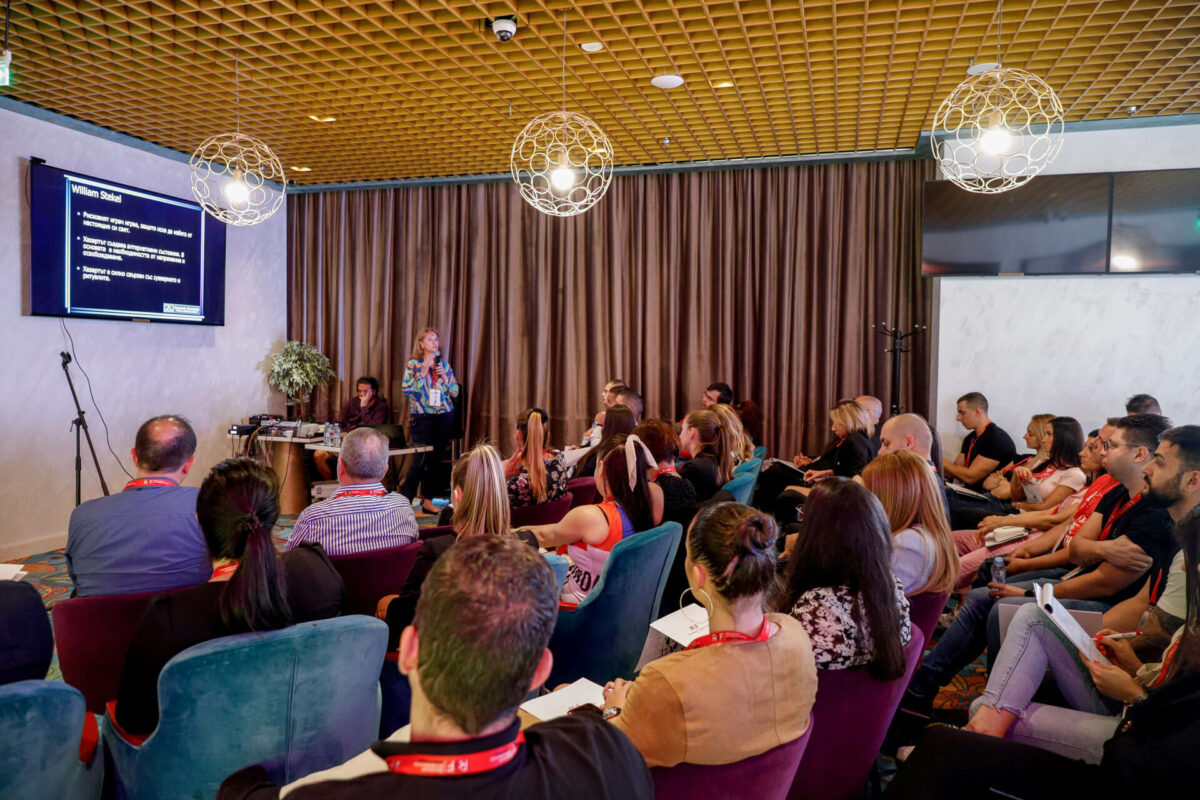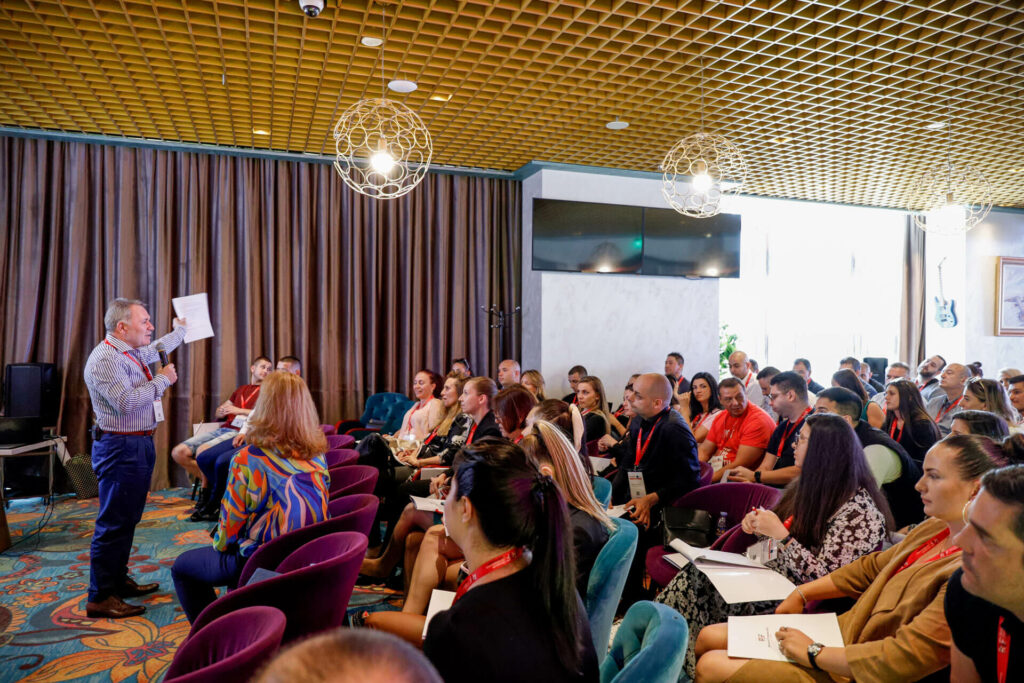“Responsible Gaming” Master class gathered more than 60 professionals from the gaming industry at Grand Hotel Millennium on 21st November in Sofia. The event was also attended by representatives of the National Revenue Agency, and it accompanies the Eastern European Gaming Summit (EEGS), which will take place on 23rd and 24th of November at Inter Expo Center in the Bulgarian capital.
Proven experts of internationally recognized organizations presented the topic thoroughly and with a practical focus. “Currently this subject is highly topical. It is of crucial importance that the synergy between industry, regulator and society is well balanced in order to provide the consumers healthy and regulated environment where all risks are minimized”, explained Rossi McKee, Chairman of the Board of Responsible Gaming Foundation, which is a partner of the Master class.
Honorary lector of the Master class was Pieter Remmers, Member of the EASG Board and the EEGS Advisory Board. Among the panelists was Anton Mihov, Executive Director of Palms Merkur Casino, and member of Responsible Game Foundation. The psychologists Marina Popova, family consultant of NDAGH, and Svetoslav Kirilov, ARAP Solidarnost, conducted workshops and discussed with participants typical cases of problem gamblers in the work of casino and game hall employees.
“On one hand, responsible gaming are good practices for preventing or reducing the harm of betting, and on the other hand, it is the informed choice to be in safe and supportive conditions”, said Pieter Remmers. The CEO of Palms Merkur Casino – Anton Mihov outlined some of the myths related to the industry and commended: “It is all about preventing and controlling the unreasonable gaming, the benefits of these actions are many and they affect the industry, customers, organizer, and society in its entirety. It is important to build mutual loyalty”.
Responsible Gaming Foundation was founded in 2015. The Master class is the third event within 2022, which the Foundation organizes on topics related to responsible gaming and prevention of gambling addiction.
The Eastern European Gaming Summit (EEGS) is held parallel with the Balkan Entertainment & Gaming Exhibition (BEGE) that will take place on 23rd and 24th November at Inter Expo Center, Sofia. EEGS is an initiative of Association of Gaming Industry in Bulgaria (AGIB) and within its framework a special module on responsible gaming will be presented.
The Master class was held with the sponsorship of Palms Bet.
